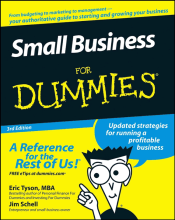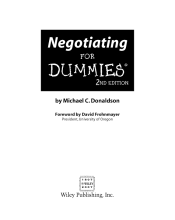Motivation principles at work
28 important questions on Motivation principles at work
What are the three elements of motivation?
2.A selection process that directs th choice of action
3. A level of effort intensity that is applied to the chosen direction and level of effort
In what type of behaviour is motivation explained by psychologists?
Avoidance behaviour - Trying to minimize or avois troubling or debilitating conditions
What are deficiency reduction needs?
- Higher grades + faster learning
- Never study anything twice
- 100% sure, 100% understanding
What are growth aspiration needs?
What do growth needs involve ?
What are limitations of the hierarchical needs model which is described by Maslow (1998)
What is the EGR Theory?
What are Hygiene factors in the Dual factor theory ?
What are seen as motivational factors in the dual factor theory?
What is the critique on Herzberg's Theory
- The theory is method bound
- It oversymplifies complex sources of satisfaction and diassatisfaction
What is theory X described by Mc Gregor?
What is theory Y described by McGregor?
What does Theory X assume?
- That people dislike responsibility and lack ambition, therefore they need to be led and directed
- The average person is passive, indolent and works as little as possible, therefore they need to be controlled
- People are selfcentered and indifferent and therefore are resistant to change
What does theory Y assume ?
- People seek responsibility and have capacity to direct and control organisational tasks
- People by nature are not passive or indifferent to organizational needs
- Employees at all levels have the ability to be creative and use ingenuity in solving organizational problems
What is an achievement motive?
What are characteristics of an achievement motivated person?
- Prefer a moderate level of difficulty or challenge. They avoid too easy and too difficult tasks being realistic and knowing their limitations, the desired task is on that requires high level of exertion but carries reasonable probiability of succes.
- High achievers like to feel that they are in reasonable control of an outcome
- Achievement Motivated people also like frequent and specific feedback about how well they are doing
What is a power motive?
What do managers with a high need for personal power do ?
What do managers with high institutional power do?
What is the affiliation motive?
What is a personal attribution?
What is personal ideology?
What is the expectancy theory described by Vroom (1994)?
What are intrisic rewards?
What is the perception of the equity theory?
What is the referent Cognitions theory?
What is organizational behaviour modification?
What are the principles and steps of behaviour modification?
- Establish baseline data - To provide a point of reference
- Analyse current behavioural contingencies - examine current situation to identify any antecedent cues
- Develop a reinforcement strategy
- Implement reinforcement and chart results
The question on the page originate from the summary of the following study material:
- A unique study and practice tool
- Never study anything twice again
- Get the grades you hope for
- 100% sure, 100% understanding
































